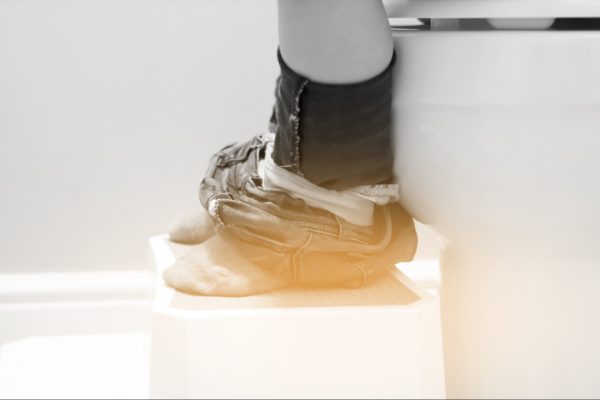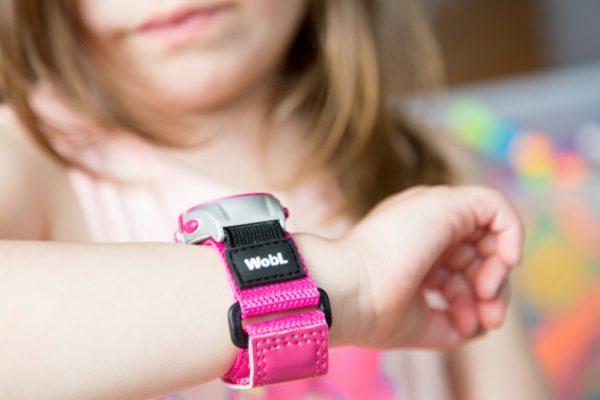
What to do while waiting to receive a diagnosis for your child
Seeking a diagnosis often takes time but there are things that you can do in the interim to help you stay strong, connected and supported. Our friends at Kiind in WA have told us that their members report the following as being helpful to them:
1 | If you are based in WA* join Kiind (kiind.com.au/become- a-member/family) (it’s free) and speak with a Peer Navigator who can answer your questions, provide you with guidance and information as well as connect you with other families in similar circumstances.
*Take a look at this article for some other sources of support around the country.
2 | Continue to work with your GP and allied health professionals as your child’s symptoms evolve. Seek a second opinion if you feel it’s necessary.
3 | Ask about Medicare rebates. Ask your GP about accessing therapy services such as a speech therapist, occupational therapist, physiotherapist or psychologist using Medicare rebates.
4 | Connect with others. Join an online or face-to-face peer support group related to your child’s symptoms. Peer support groups can provide an invaluable, judgement-free place for parents and carers to connect with one another, share knowledge, insights, ask questions and seek advice.
5 | Join an early childhood playgroup. If your child is pre-school age, there are many playgroups across the state to support parents of children who are showing signs of developmental delay, disability, behavioural difficulties and more. Playgroups provide an excellent opportunity to connect with other parents, develop friendships and helpful networks.
6 | Join a toy library. Toys help children to develop skills and there are many toy libraries around the country which operate in the same way as a traditional book lending library. To find a toy library near you, simply google ‘toy library’ and your suburb.
7 | Enrol in parent workshops and information sessions aligned to the needs of your child. Many are free or low-cost and provide guidance and support across a wide range of areas. Carer Gateway (carergateway.gov.au) and Reimagine Australia (reimagine.org.au) both provide a good starting point.
8 | Access opportunities in the community. In WA, a good starting point is to sign up to Kiind’s weekly What’s on activity and event guide (kiind.com.au/whats-on), filled with free or low-cost programs, workshops, events and activities for the whole family.
You can also check out the events calendar of your local Council, library, church or leisure centre to find out what’s on each month such as story time, music, dance and craft activities.
9 | Seek support. If you are experiencing feelings of stress, grief, depression or isolation, understand that you are not alone. Speak to your GP, a counsellor or check out ‘Counselling and mental health’ in the Useful Organisations directory (kiind.com.au/ find-useful-organisations) of the Kiind website – you will find many national organisations listed alongside the WA state-based ones.
10 | Start a record-keeping journey including notes about observed behaviours, symptoms, abilities, ways of communicating, reaction to treatment or medication(s) and issues that you’d like to discuss with your child’s doctor the next time you meet.
If you’re based in WA and need help to navigate the process of your child’s diagnosis, you can speak with one of Kiind’s knowledgeable Peer Navigators for practical guidance, information and support on tel: (08) 6164 9806 or email: [email protected]






